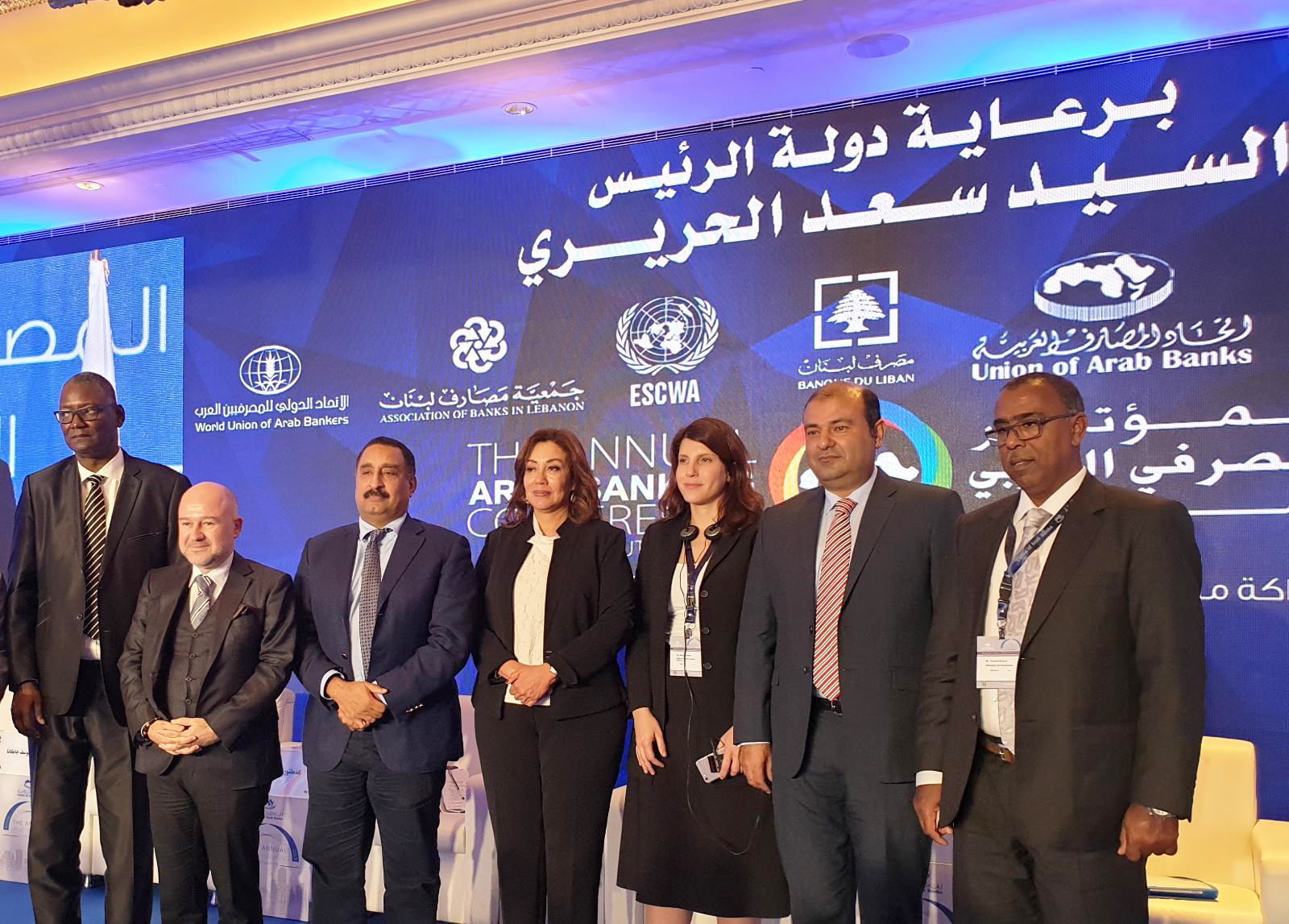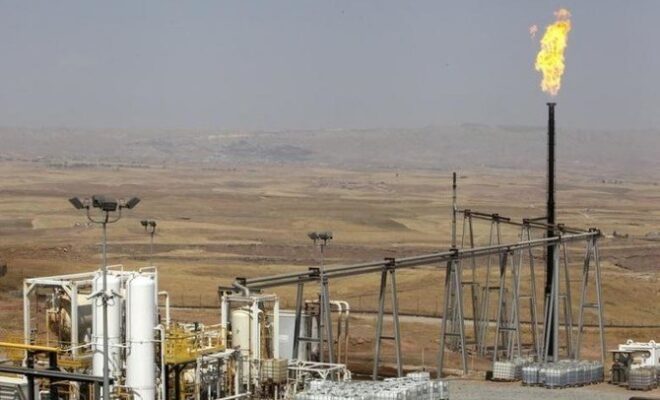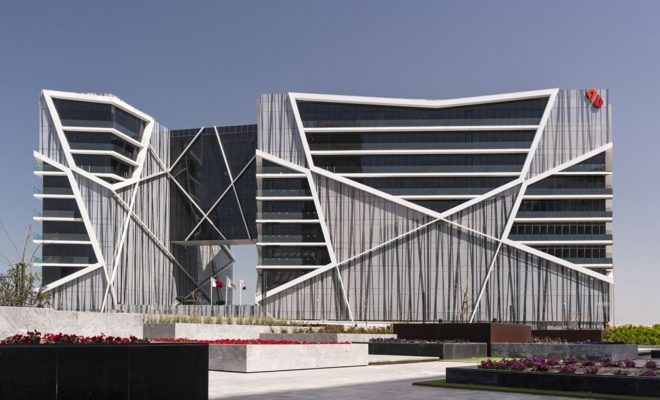MENA Banking & Finance Week from 12th to 16th November 2018

On the occasion of the 45th anniversary of the Union of Arab Banks (UAB), the UAB held the MENA Banking & Finance Week from 12th to 16th November 2018, which includes four main events:
- Arbitration in the Resolution of Banking and Commercial Disputes Forum (12th November 2018)
- China-Arab Business and Banking Forum (13th November 2018)
- Boosting the Lebanese Economy Forum (14th November 2018)
- Annual Arab Banking Conference (15th to 16th November 2018) entitled “Participation of the Private Sector in Achieving SDG’s”
This was held under the patronage of Prime Minister Saad Hariri of Lebanon, who was represented during the event by Former Prime Minister Fouad Siniora. Held at the Phoenicia Hotel in Beirut, Lebanon; the conference was attended by more than 1,000 Lebanese, Arab and foreign economic, financial and banking personalities including ministers of finance and economy, central bankers and heads of banks and financial institutions.
THE ANNUAL ARAB BANKING CONFERENCE FOR 2018 PARTICIPATION OF THE PRIVATE SECTOR IN ACHIEVING SDGS
Conference Background
The interest in public-private partnership has increased since the early 1990s, when it became clear that economic and social development depends on mobilizing all societies potential, including resources and expertise of public and private sectors. For that, developed and developing countries have attempted to build relationships in which all sectors of the society contribute in the unification, management, operation, expansion and development of projects and enterprises in order to serve their purposes on the basis of effective participation, sound governance, transparent accountability, and mutual benefit.
In 2015, the United Nations set a Development Agenda, based on financing for development, to reduce vulnerability in social, environmental and economic structures. The Heads of States and Governments met in July 2015 in Addis Ababa to re-affirm their commitment to address financing challenges and to create an enabling environment for sustainable development at all levels. The United Nations Development Program called for a renewed global partnership to promote actions to eradicate poverty and empower women, provide quality education, afford decent employment and end hunger and malnutrition.
In line with challenges facing the Arab region today, which hinder the achievement of comprehensive and sustainable development, and based on the Development Goals of the new Millennium, the Union of Arab Banks organized its annual Arab Banking Conference in 2018 under the title: “Participation of The Private Sector in Achieving Sustainable Development Goals”. The partnership between public and private sectors is the mechanism to provide specific services, since private sector partnership has become a common term for businesses and governments, particularly for economic development. Noting that decision-makers
in the Arab region have become aware of the importance of private sector participation in achieving sustainable development highlighting the significant role of the private sector in the strategic economic transformation plans of the Arab countries as well as supporting the “2030 Vision” for Saudi Arabic, Egypt and Arab countries.
The idea of linking partnership and development stems from the fact that public and private sectors possess particular advantages and benefits that can be combined to achieve sustainable development goals, especially as each sector has difficulty in achieving these goals individually. Private sector institutions provide financial resources and management expertise as well as quality control. The civil society organizations provide local knowledge and commitment to the society, while the public sector is responsible for organization and strategic coordination.
Objectives
The conference aims to develop a roadmap to deal with the economic and social challenges in the Arab region, and highlight the importance of Arab private sector contribution in financing sustainable development in its various forms. By mobilizing financial resources, especially the Arab banking sector, in addition to clarifying the relationship between sustainable development and public- private partnership, it will also focus on the role of this partnership in achieving sustainable development.
Topics of Discussions
Sustainable Development Challenges facing the Arab Region
- The Reality of Development in the Arab Region
- The achieved Sustainable Development Goals
- How to achieve all Sustainable Development Goals in the Arab region
Partnership for Development
- Partnership among the Arab countries
- Requirements of Successful Public-Private Partnership
- The Public-Private Civil Society Partnership in Arab countries
- Partnership between Arab countries and the international organizations and development banks
Achieving Sustainable Development Goals through Entrepreneurship and Innovation
- Creating a conducive environment for innovation and entrepreneurship
- Investing in Human Capital
- Government initiatives supporting innovation and technical progress
The role of Arab banks in financing sustainable development
- The financing gap in the Arab region
- The importance of bank funding for sustainable development
- Supporting SME’s and enhancing financial inclusion in the Arab region
The legislative and institutional frameworks necessary for the success of partnerships
- Legislation and laws surrounding partnerships
- Providing an effective monitoring system
- Establishing arbitration mechanisms
During the one-week deliberations, these were the recommendations:
- Mobilize all available resources to promote real partnership between government institutions and the private sector communities, banking sectors, universities and scientific research centers.
- Develop specialized national programs aimed at stimulating the innovation and economic empowerment of Arab entrepreneurs.
- Direct new investments towards sustainable infrastructure that helps cities and Arab capitals to adapt with climate change and other challenges, and give impetus to economic growth and social stability.
- Activate the role of the financial sector through concerted efforts between governments, central banks and banks to strengthen financial technology (Fintech) and to facilitate financial access by supporting, developing and adopting these innovations.
- All segments of society, particularly the poor and Small and Medium size Enterprises (SMEs) will be provided with “sustainable financing” through official financial channels. Environmental issues, climate change and scarcity are integrated natural resources in the thinking and practices of banks and financial institutions.
- Participation of the private sector in the support and implementation of projects related to infrastructure provided by the public sector alone, such as hospitals, schools, roads, bridges, tunnels, water, electricity and sanitation.
- Arab governments are actively promoting a digital society, stimulating and encouraging the use of means of payment and achieving financial inclusion as one of the pillars for achieving economic and social development and will work towards making this comprehensive and sustainable.
- Support financial institutions in adopting the best programs and experiences that have proven successful and effective in the Economic Empowerment of Youth and Women framework, which includes the linkage between financial and non-financial services.
- Financing and developing economic infrastructure, for example, agricultural poles and incubation mechanisms (visual and virtual) are free in industrial zones. These will be linked to mechanisms and programs of entrepreneurship.
- Expansion and development of existing financial services such as investment capital funds, angel financing and financing will be developed in addition to the development of financing mechanisms compatible with Islamic finance.
- Motivating and unleashing innovation and creativity among young people through the development and modernization of education curricula by linking education to innovation and incubation, leading to entrepreneurship.
- Encourage investment, cooperation and partnerships among entrepreneurs to achieve economic growth.













